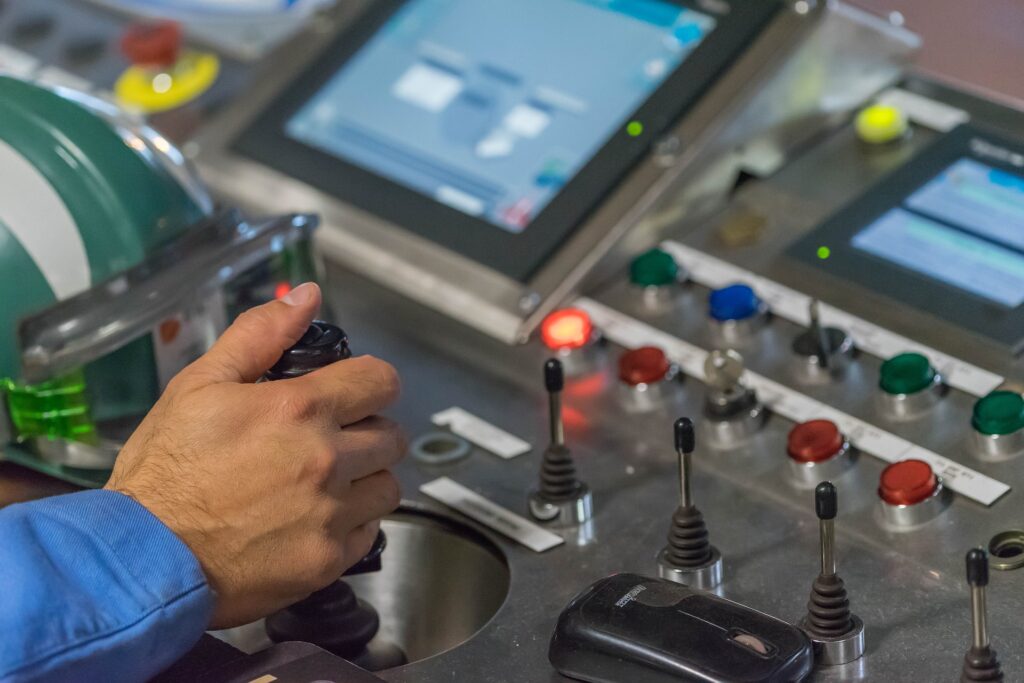Introduction
IoT (Internet of Things) is a term that is becoming increasingly popular in the world of manufacturing, particularly in the field of factory automation. With IoT, factories can be connected to the internet, and machines can communicate with one another, sharing valuable data that can be used to optimize processes and increase efficiency. In this blog post, we will discuss the importance of IoT in factory automation.

Why is IoT so important to Factory Automation?
- Improved Efficiency
Factory automation can help improve efficiency in many ways. For example, sensors can be used to monitor the performance of machines, detecting when they are in need of maintenance or repair. This can prevent downtime and ensure that machines are running at optimal levels at all times. Additionally, IoT enables the automation of certain tasks, freeing up employees to focus on other areas of the manufacturing process.
- Cost Savings
By improving efficiency, Factory automation can also lead to cost savings. With IoT, factories can reduce waste and increase output, resulting in lower production costs. Additionally, IoT can help prevent equipment failure, reducing the need for costly repairs and replacements.
- Enhanced Safety
Safety is always a top priority in factory settings. IoT in factory automation can help enhance safety by providing real-time data on equipment performance and environmental conditions. By using this information, potential hazards can be identified, and corrective action can be taken before accidents occur. Additionally, IoT enables the automation of certain tasks, reducing the necessity for employees to perform dangerous tasks.
- Improved Quality Control
With IoT, factories can collect data on every stage of the manufacturing process, from raw materials to finished products. Manufacturers can use this data to identify patterns and trends, enabling them to make adjustments and improve quality control. In addition, real-time monitoring with IoT enables the detection of product defects before they become widespread.
- Remote Monitoring
IoT in factory automation allows for remote monitoring, enabling manufacturers to keep an eye on operations even when they are not physically present. This can be particularly helpful for factories that operate 24/7, as it allows manufacturers to monitor performance and address issues in real-time.
Conclusion
IoT is an essential technology for factory automation. By improving efficiency, reducing costs, enhancing safety, improving quality control, and enabling remote monitoring, IoT can help manufacturers optimize their operations and stay competitive in an increasingly complex marketplace. As the adoption of IoT continues to grow, we can expect to see even more innovative uses of this technology in the world of factory automation.